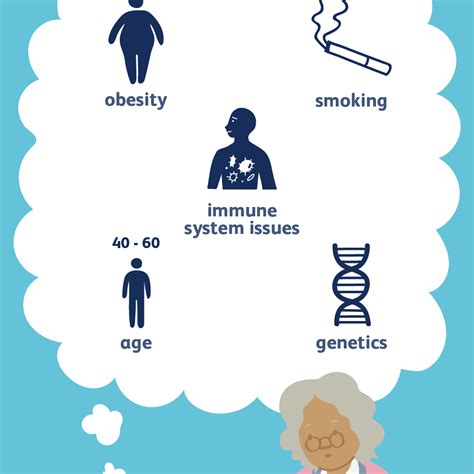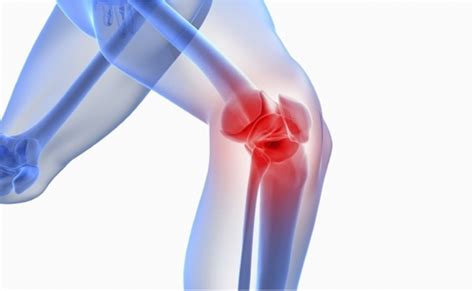Cervical Radiculopathy, characterized by nerve irritation caused by damage to the discs in the cervical spine, is a prevalent condition, affecting nearly 10% of adults who experience severe neck pain annually. This condition can stem from various sources, including inflammation of muscles, ligaments, joints, or nerves. The most common types of degenerative spine disease linked to cervical radiculopathy and myelopathy are arthritis, herniated disks, and bone spurs—bony growths that form on the edge of a bone. Trauma, tumors, and infections can also lead to cervical radiculopathy.
The spine can develop several conditions that may cause radiculopathy, such as herniated discs, spondylosis (osteoarthritis of the spine), and spinal stenosis. Bone spurs, spinal tumors, spondylolisthesis, spinal trauma, rheumatoid arthritis, previous spine surgery, and bone diseases are other potential causes.
Aging, injury, poor posture, and other factors can contribute to cervical radiculopathy by irritating nerve roots. This damage may result in the affected disk pressing on nearby nerve roots, further aggravated by degeneration from wear and tear and aging. While arthritis-induced “wear and tear” changes are a common cause of cervical radiculopathy as we age, in younger individuals, it often stems from a sudden injury causing a herniated disk.
Cervical radiculopathy generally responds well to conservative treatments, including medication and physical therapy. In severe cases, the condition may lead to cervical myelopathy, where the compression affects the spinal cord, resulting in symptoms such as arm or hand weakness or impaired motor function.
Radiculopathy, often described as a pinched nerve, involves nerve irritation due to narrowing in the spinal canals. This can be caused by a herniated disc, spinal stenosis, tumor, infection, or any other form of nerve compression, commonly occurring in the cervical (neck) or lumbar (lower back) spine regions. When nerve roots are compressed, it may lead to painful or painless radiculopathy.

For more in-depth information on non-operative treatments and cervical epidural steroid injections for cervical radiculopathy, please refer to the resources provided by reputable medical institutions:
Hospital for Special Surgery
University of Utah Health
Hospital for Special Surgery
UC San Diego Health
University of Virginia Health System
Hospital for Special Surgery
UC Davis Health
Baylor College of Medicine


